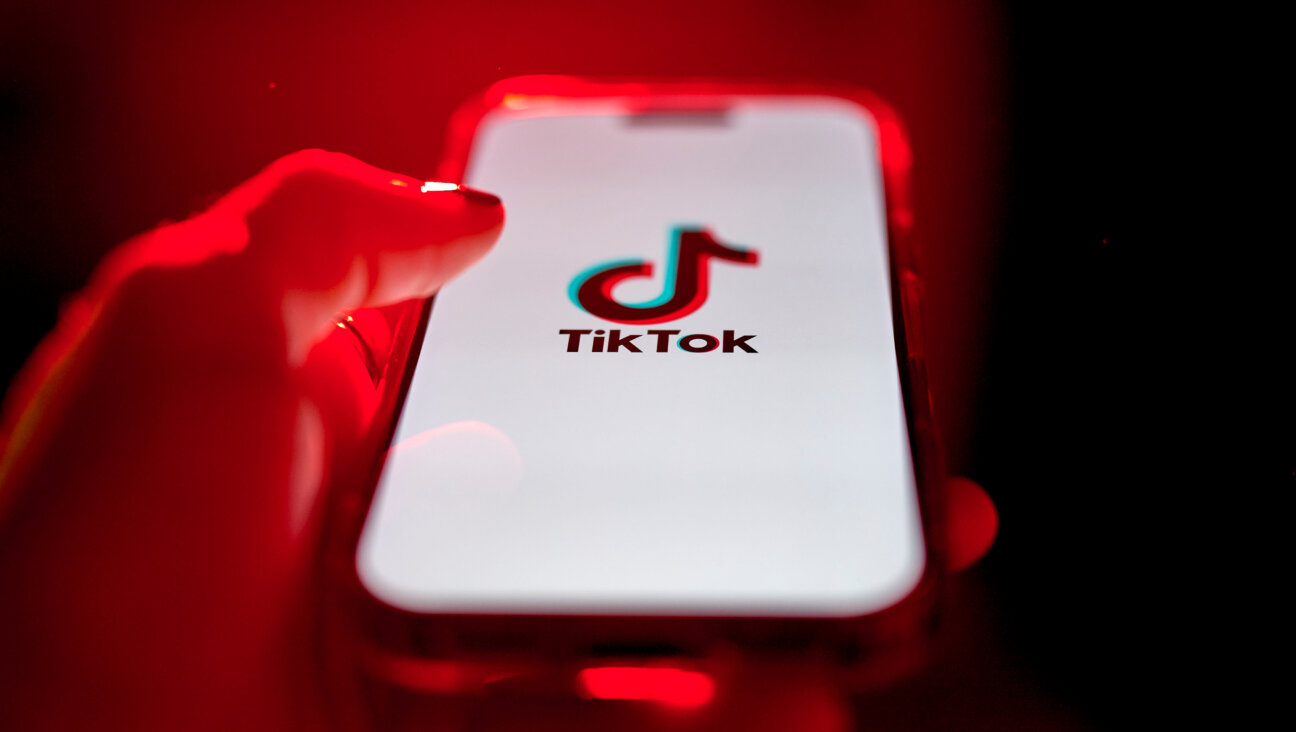Obama: U.S. Not Seeking Fight With Israel Over Settlements
President Barack Obama sought Monday to address Jewish concerns that his administration is applying uneven pressure on Israel, reassuring Jewish leaders of his commitment to demanding that all sides in the Middle East peace process live up to their obligations.
In a White House meeting with top leaders from a diverse array of Jewish groups, Obama made clear that while he believes Israel must meet its obligations regarding a freeze on Jewish settlements in the occupied West Bank, that issue is not isolated in his view from demands presented to other sides.
“There’s not a lot of courage among Arab states,” Obama said, according to one participant. He added that he had sent letters to all Arab leaders urging them to join the peace process.
Obama complained that the press only focuses on the “inter-family squabble” between the U.S. and Israel, while “forceful” pressure is also applied on the Palestinians and on the Arab countries to move in support of the peace process.
The president described at length his view of a long-term framework to ensure Israel’s future security as part of a peace agreement and said he sees a window of opportunity that needs to be pursued. According to participants, Obama said repeatedly he knew that achieving peace would be a difficult task, “even more difficult than healthcare.”
When he invited questions from the Jewish leaders, Abraham Foxman, the national director of the Anti-Defamation League, spoke of the perception that Israel is the only side being asked to compromise. And Rabbi Eric Yoffie, president of the Union for Reform Judaism, spoke of the political difficulties in Israel. At this point Obama turned to his chief of staff Rahm Emanuel, sitting next to him and told the crowd: “Rahm is teaching me about politics, and I’ve learned from him there is a lot of politics involved in this issue.”
President Obama made clear in the meeting he was not seeking a fight with Israel over the settlement issue, but at the same time he said he will not avoid making his demand public and open. “I don’t think the peace process will be advanced by hiding natural disagreements, disagreements within the family,” he said, adding that he does not believe the past eight years of the Bush administration did much to promote peace.
Sixteen Jewish leaders were invited to the White House meeting. The list included most major national Jewish groups, as well as representatives of two dovish organizations: Americans for Peace Now and J Street. Notably missing from the list were any groups aligned with the Israeli right wing. The president was accompanied by Emanuel, David Axelrod, Daniel Shapiro, Valerie Jarrett and staffers of the public liaison’s office.
Jewish leaders leaving the meeting showered praise on the president. Marla Gilson, Washington director of Hadassah, said the atmosphere in the meeting was positive and the all participants felt at ease. Ira Foreman of the National Jewish Democratic Council chose more colorful terms to describe the event. “It was a room full of friends,” he said. “At the end of the meeting everyone was glowing.”
Introducing the Jewish leaders, Alan Solow, chairman of the Conference of Presidents of Major Jewish Organizations told Obama that the Jews have a history of speaking truth to power. He gave the example of Abraham negotiating with God the future of Gomorrah. “I’m no Abraham,” Solow said. And Obama was quick to answer: “And I’m no God.”
















